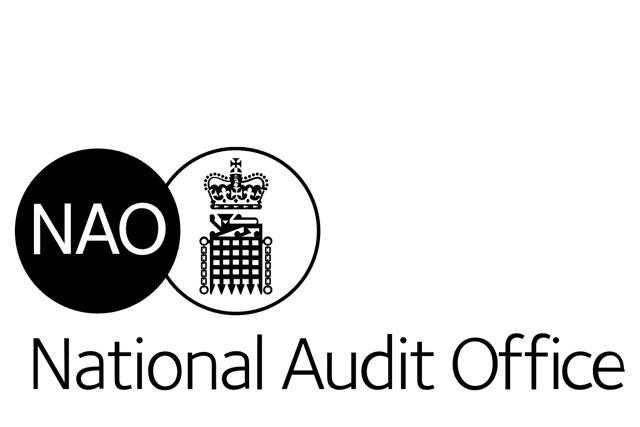Current private rented sector regulation does not ensure it is consistently fair for renters or that housing is safe and secure.
This is the conclusion of the National Audit Office in a report on Regulation of private renting. Neither does the Department for Levelling Up, Housing and Communities have a detailed plan in place to address the problems that renters face, it said.
NAO wants this put right. A white paper proposing private rented sector reforms is promised for 2022. To support this process, NAO recommends that the Department for Levelling Up, Housing and Communities sets out an overall strategy for the regulation of private renting.
In particular DLUHC should review whether current dispute resolutions arrangements for private renters are appropriate and accessible for all tenants, and improve its understanding of the experiences among private renters to make sure support is targeted at those most in need.
NAO estimated that there are currently 4.4m privately rented households in England. ‘While most tenants have a good experience of renting, those who do not can end up with serious illness, financial issues, or homelessness’, it said.
The watchdog pointed out that privately rented properties are less likely to comply with safety requirements than other types of housing, and are more likely to be classified as non-decent.
Government response to the problem has been ‘piecemeal’, said NAO. ‘In recent years it has introduced changes such as a mandatory redress requirement for letting agency work, a ban on charging letting fees to tenants, and temporary restrictions on evictions during the COVID-19 pandemic’.
DLUHC told the NAO that it is currently working on setting out the strategic objectives of its reform programme. However it lacks data on key issues where regulatory action may be required such as harassment, evictions, disrepair that is not being addressed, or on the costs to landlords of complying with obligations.
In 2018, DLUHC introduced mandatory redress arrangements for letting agents but landlords are not required to be members of a redress scheme, said NAO.
Meanwhile, local authorities take different approaches to regulating the sector in their areas and there is little evidence of local authorities making use of regulatory tools such as banning orders and penalty notices, said NAO.
‘The proportion of private renters living in properties that are unsafe or fail the standards for a decent home is concerning’, said head of NAO Gareth Davies.
‘The government relies on these tenants being able to enforce their own rights, but they face significant barriers to doing so.
‘The Department for Levelling Up, Housing and Communities should improve the quality of its data and insight into the private rented sector, so that it can oversee the regulation of the sector more effectively. It should develop a clear strategy to meet its aim of providing a better deal for renters’.
For the National Residential Landlords Association, its chief executive Ben Beadle said Nao was right to call for better enforcement of regulations already in place.
‘To improve enforcement, we are calling for the development of a meaningful national redress scheme for the sector as part of the Government’s forthcoming White Paper on rental reform’.
Too often the approach to regulation has been piecemeal and has resulted in a proliferation of initiatives such as licensing, banning orders and a rogue landlord database, but with little evidence to show they are working.
‘We support the NAO’s call for a more strategic approach. There is a pressing need for a better evidence base to ensure the system focuses on rooting out criminal and rogue landlords who bring the sector into disrepute. Too often councils focus much of their time regulating compliant landlords who are easy to find’.







